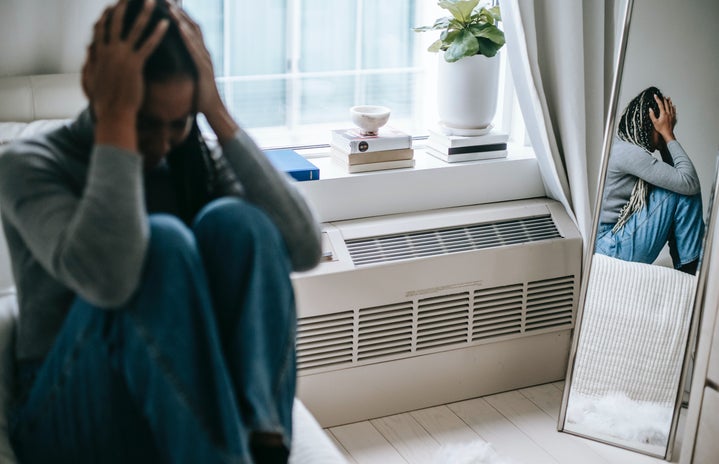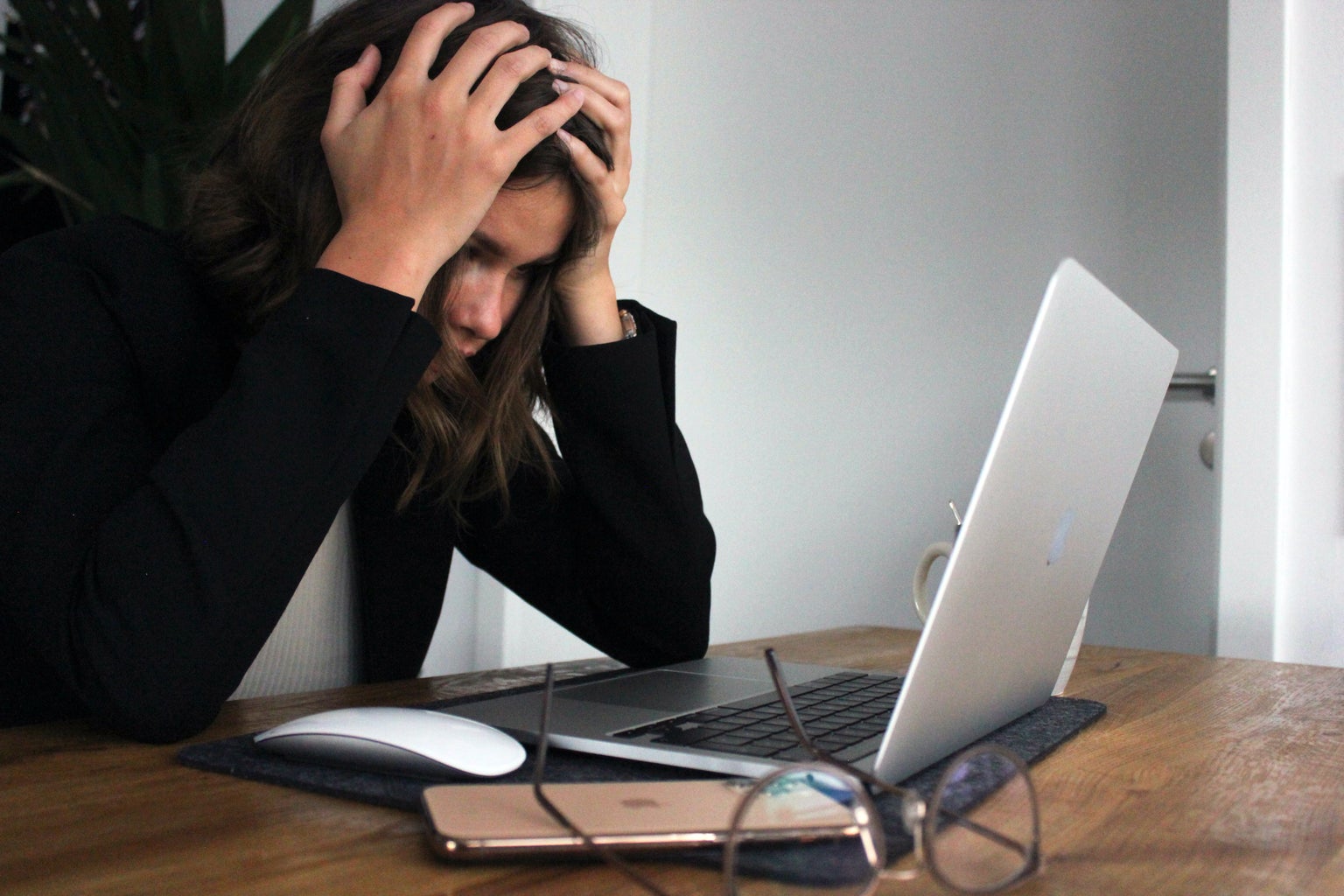41%. 57%. 75%. These were some of my quiz scores from college physics. Every time I got a terrible test score, it was always the same pattern:
- Go into complete denial
- Push away my dejected feelings
- Throw myself on the bed sobbing “I’m a failure, I’m a loser, I’m never gonna make it in life!!!”
- Research new career paths
Growing up, I was surrounded by people who told me, “You won’t amount to anything if you get less than an A.” As a result, every exam I took felt like war; many of my peers were also taught the same principle. Schooling eventually became a vicious cycle of trying to please parents, teachers, and institutions, and surpass classmates. What made it worse: I had no one to support or encourage me when I got a “bad grade.” Even for a B+, I was made to think I failed.
Academic validation is a struggle many students face because we have intertwined our self-worth with our grades. It starts with strict parents in elementary school, then the letter grade system in middle school, then the “permanent” high school transcripts, and then “permanent” college transcripts. It was a whole decade of stress, worry, meeting expectations, and an uncertain future, that pushed us to get good grades. It felt like every little mistake defined our fate, and unfortunately, many students would sacrifice basic needs to not “fail.” Thank you, glorification of caffeine addiction and sleep deprivation! I had fear instilled in me that a “bad grade” meant a “bad life,” which made it seem that mistakes were death sentences rather than learning opportunities.
Despite my or anyone’s upbringing, we have a duty to overcome negative teachings. I let 10+ years of education slip through my fingers because I had been wrongly taught that a grade is life or death. Chasing after a 93% made me put learning aside, but by college, I decided enough was enough. A big thing I had to heal and change in myself is viewing academics as its own separate thing, and myself as my own person. I had to remind myself, “Gayathri, you are more than your grades. It won’t be an A that helps you contribute to society, it’s your work ethic, empathy, and resilience.”
Many factors define a person’s grades: the teacher, the subject, the test format, and the curve. Not to say you shouldn’t take accountability for your shortcomings, but there are many times when a class’s structure does not entirely reflect what we know. As a student, it’s our job to make the most of what we’re taught. It’s also our job to implement healthy, efficient study strategies to learn. As soon as I stopped chasing scores and started prioritizing learning, everything fell into place.
The night before my Physics final, I did 3 major things: I put down the coffee, got a good night’s sleep, and reminded myself that I am confident in what I’ve learned. “Whatever letter grade you get, be proud of the honest work you’ve put in this whole quarter to study for the class.” Turns out that comebacks exist, because I aced the final enough to considerably bring my grade up.
Many high school honor-roll students get humbled when taking their first college exams; It might be their first C or D in their academic career. It’s ok to take time and cry over a grade, but once the tears are done, it is CRUCIAL to dissociate yourself from the results and think of new strategies to improve your learning for the next test. For many students, the gnarled knot of grades and self-worth has been entangling for years, and it’s gonna take a lot of work to untie it. By no means am I completely healed, but telling myself my intelligence, character, and capabilities in life extend beyond a letter was the first step. The second, third, and fourth step was to keep practicing this mentality.




